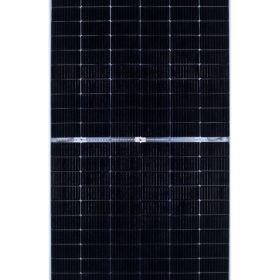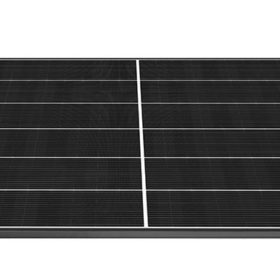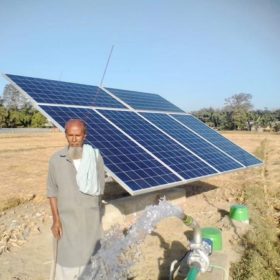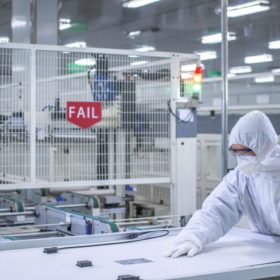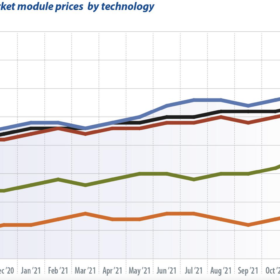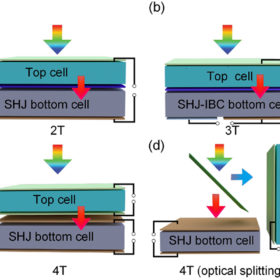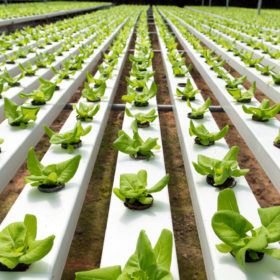Vikram Solar launches M10 modules
The Indian manufacturer has unveiled Series 10 monocrystalline PERC solar modules featuring 144 half-cells based on M10 wafer. The modules are available in monofacial and bifacial versions with a maximum efficiency of 21.33% and 21.13%, respectively.
Panasonic unveils 410 W solar panel with 22.2% efficiency
The new heterojunction module series is compatible with Panasonic’s Evervolt battery and has a power output ranging from 400 to 410 W. It also features a temperature coefficient of -0.26% per degree Celsius.
Reliance Industries commits over US$75 billion for green energy projects in Gujarat
The Mukesh Ambani-led diversified business conglomerate has agreed to invest INR 5 lakh crore (US$67.6 billion) in building 100 GW of renewable energy capacity and green hydrogen eco-system in the State. It will also invest INR 60,000 crore (US$8.1 billion) in setting up manufacturing facilities for new and renewable energy equipment including solar modules, electrolyzers, energy-storage batteries, and fuel cells.
Asia Pacific solar supply chain trouble to ease this year, according to analyst
Wood Mackenzie has predicted solar equipment cost increases will ease back after last year saw the average cost of solar electricity rise for the first time in the Asia-Pacific region.
Daily news roundup: Mecwin and KVG Bank partner on solar pump finance, Adani’s new energy arm
Bengaluru-based Mecwin Technologies Ltd and Karnataka Vikas Grameena Bank (KVGB) have partnered to finance solar pump-sets for farmers. Adani has formed a new energy arm called Adani New Industries Limited (ANIL).
The long read: Finding PV faults faster
PV cell and module manufacturers are increasingly turning to artificial intelligence to monitor production lines and the products coming off them in minute detail. As inline monitoring and testing equipment become more sophisticated, cell and module makers must be prepared to manage the enormous amounts of data and pull out the points that will save them time and money. pv magazine examines the software solutions backing state-of-the-art PV production.
PV module price index: The price spiral winds up
The title of Martin Schachinger’s October market commentary was “Module prices set to rocket back to 2019 levels.” This month, he writes that prices have already reached December 2018 levels and notes that there is no reversal in sight. Prices for all module technologies have once again risen by an average of 3 percentage points since last month.
Waaree supplies 1.53 MW of solar modules to RBA Power
The Mumbai-headquartered solar manufacturer supplied its 335 Wp polysilicon modules for the 1.53 MW PV project located at Kovilpatti in the Indian State of Tamil Nadu.
An overview of heterojunction solar cell technologies
Scientists at the Nankai University in China have provided a comprehensive overview of current research on silicon heterojunction-based tandem solar cells (SHJ-TSCs) and shared their expectations of future developments in this field.
Solar for hydroponics
An international research team has examined combining solar power generation with energy-intensive hydroponic horticulture and has found that this may be a viable solution depending on project size and available incentive policies. Their approach considered various factors impacting PV system efficiency, including environmental factors, the type of solar array, and the electricity demand from the hydroponic farm.
